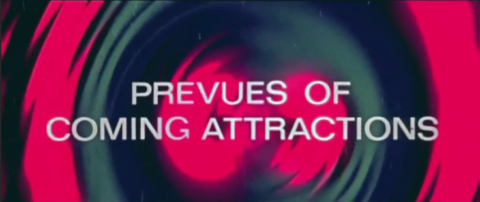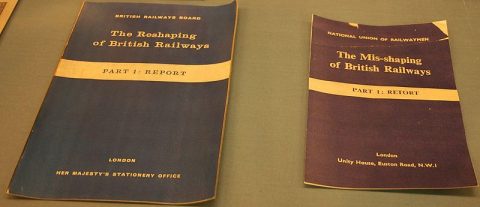Kim du Toit rounds up some not-at-all random bits of current events:
So Government — our own and furriners’ both — have all sorts of rules they wish to impose on us (and from here on I’m going to use “they” to describe them, just for reasons of brevity and laziness — but we all know who “they” are). Let’s start with one, pretty much picked at random.
They want to end sales of vehicles powered by internal combustion engines, and make us all switch to electric-powered ones. Leaving aside the fact that as far as the trucking industry is concerned, this can never happen no matter how massive the regulation, we all know that this is not going to happen (explanation, as if any were needed, is here). But to add to the idiocy, they have imposed all sorts of unrealistic, nonsensical and impossible deadline to all of this, because:
There isn’t enough electricity — and won’t be enough electricity, ever — to power their future of universal electric car usage. Why is that? Well, for one thing, they hate nuclear power (based on outdated 1970s-era fears), are closing existing ones and will not allow new ones to be built by dint of strangling environmental regulation (passed because of said 1970s-era fears). Then, to add to that, they have forced the existing electricity supply to become unstable by insisting on unreliable and variable generation sources such as solar and wind power. Of course, existing fuel sources such as oil. coal and natural gas are also being phased out because they are “dirty” (they aren’t, in the case of natgas, and as far as oil and coal are concerned, much much less so than in decades past) — but as with nuclear power, the rules are being drawn up as though old technologies are still being used (they aren’t, except in the Third World / China — which is another whole essay in itself). And if people want to generate their own electricity? Silly rabbits: US Agency Advances New Rule Targeting Portable Gas-Powered Generators. (It’s a poxy paywall, but the headline says it all, really.)
So how is this
pixie dust“new” electricity to be stored? Why, in batteries, of course — to be specific, in lithium batteries which are so far the most efficient storage medium. The only problem, of course, is that lithium needs to be mined (a really dirty industry) and even assuming there are vast reserves of lithium, the number of batteries needed to power a universe of cars is exponentially larger than the small number of batteries available — but that means MOAR MINING which means MOAR DIRTY. And given how dirty mining is, that would be a problem, yes?No. Because — wait for it — they will limit lithium mining, also by regulation, by enforcing recycling (where have we heard this before?) and by reducing battery size.
Now take all the above into consideration, and see where this is going. Reduced power supply, reduced power consumption, reduced fuel supply: a tightening spiral, which leads to my final question:
JUST HOW DO THEY THINK THIS IS ALL GOING TO END?
If there’s one thing we know, it’s that increased pressure without escape mechanisms will eventually cause explosion. It’s true in physics, it’s true in nature and it’s true, lest we forget, in humanity.
Of course, as friend-of-the-blog Severian often points out, these people think Twitter is real life. Of course there’ll be enough pixie dust to sprinkle over all their preferred solutions to make them come true. Reality is just a social construct — they learned that in college, and believe it wholeheartedly.






